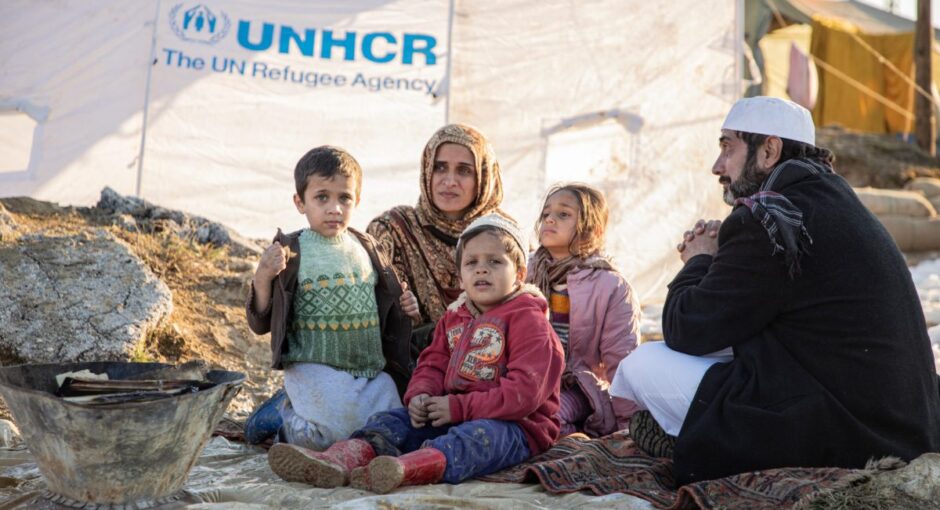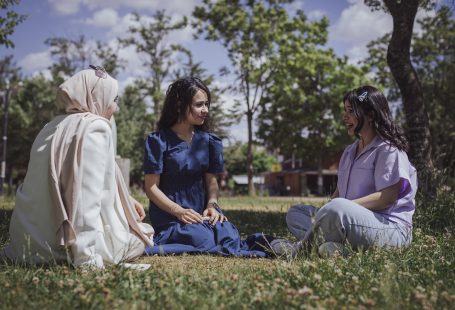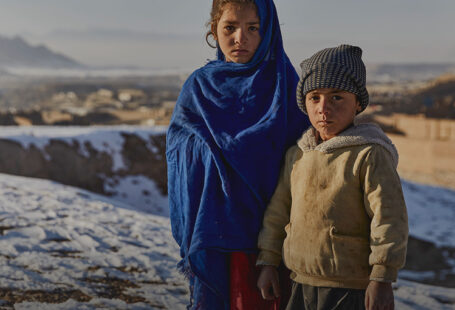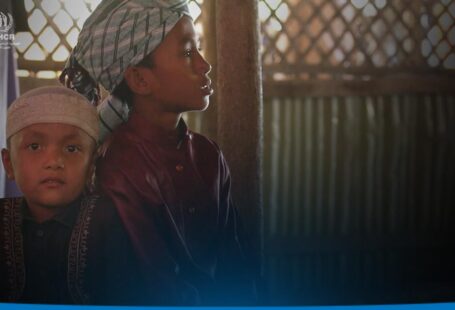With open hearts, glowing lanterns and delicious feasts, Muslims all around the world welcome Ramadan every year. The holy month, during which the Qur’an was revealed in, is dedicated for fasting, worshiping and charitable giving. One form of charitable giving is Zakat, which is also one of the five pillars of Islam. The act of giving Zakat not only purifies the contributor’s heart from selfishness and greed, but it also helps the poor and uplifts the entire community.
What is Zakat?
Zakat is an obligatory charitable donation paid yearly by every mature and responsible Muslim beyond a certain threshold of annual savings.. As the third pillar of Islam, Zakat is an important aspect of fulfilling a Muslim’s individual faith. It is considered a spiritual bridge between a person and his Creator and paying it for the will of Allah and his cause is acknowledging that everything one owns belong to Him. Zakat is also a symbol of Islamic social justice with the purpose of easing the suffering of millions.
As an individual impact, Zakat purifies one’s soul from greed and materialism. It serves as a spiritual cleansing and brings the contributor closer to Allah. As a collective impact, Zakat aims at eradicating poverty and fostering solidarity between members of the society. It helps in avoiding social disparities found in economies where the wealthy get wealthier while the poor become poorer. In such communities, Zakat serves as a net of social security for all and ensures a financial balance among various groups.
Types of zakat
There are two types of Zakat: Zakat Al-Mal, and Zakat Al-Fitr. Zakat Al-Mal, also referred to as the Zakat on wealth, requires Muslims to pay 2.5% of their wealth saved after one full lunar year. This type of Zakat becomes obligatory when the amount of one’s wealth exceeds the Nisab, which is the threshold figure. In addition to the contributor’s cash in banks and at home, this Zakat needs to be paid on gold, silver, property, business, and land (other than one’s home).
To find out if you are eligible for Zakat Al-Mal, check our Zakat calculator.
On the other hand, Zakat Al-Fitr, also known as the “Zakat of fast breaking,” is paid in Ramadan before the commencement of Eid al-Fitr. This Zakat is obligatory on every Muslim, regardless of age and gender. Zakat Al-Fitr is paid in the form of food or money and is equivalent to one day’s meal for one person. The head of the family usually pays on behalf of every individual of the family including his parents if he is responsible for them.
Donate your Zakat online with GiveZakat App
In an effort to create a trusted platform where donors can pay their Zakat to eligible refugees and displaced families, UNHCR launched the Refugee Zakat Fund App. The app allows donors to safely pay their Zakat online with a click of a button. Through the application, 100% of your donations are distributed to the most vulnerable refugees worldwide. The process of donating is transparent and traceable where Zakat donors can decide the destination of the funds and can track their donations through the app. Donors may also access live Zakat reports updated every two hours on the Refugee Zakat Fund application to oversee the number of beneficiary families.
To download the Refugee Zakat Fund App, click on this link: http://onelink.to/givezakat
The significance of paying your Zakat in Ramadan
Ramadan is the month of giving and blessings where Muslims dedicate this time of the year for reflecting, sharing and spiritual gains. When it comes to Zakat, it can be donated any time of the year, according to the ‘Hawl’ (one-year period after the person reached the Nisab). However, during Ramadan, the rewards for one’s acts are multiplied, which is why most Muslims prefer to pay their Zakat in this month. In Ramadan, people fast from sunrise to sunset in an attempt to understand human suffering. However, many less fortunate families like refugees, are unable to break their fast due to poverty and resource depletion. This is why paying your Zakat in Ramadan is so powerful, because in addition to fulfilling your religious obligation of charitable giving, you are also lifting the burden of many struggling families.
Celebrate this Ramadan by donating your Zakat through UNHCR’s Refugee Zakat Fund and help alleviate poverty and hunger and bring joy to thousands of refugees.











Social Profiles